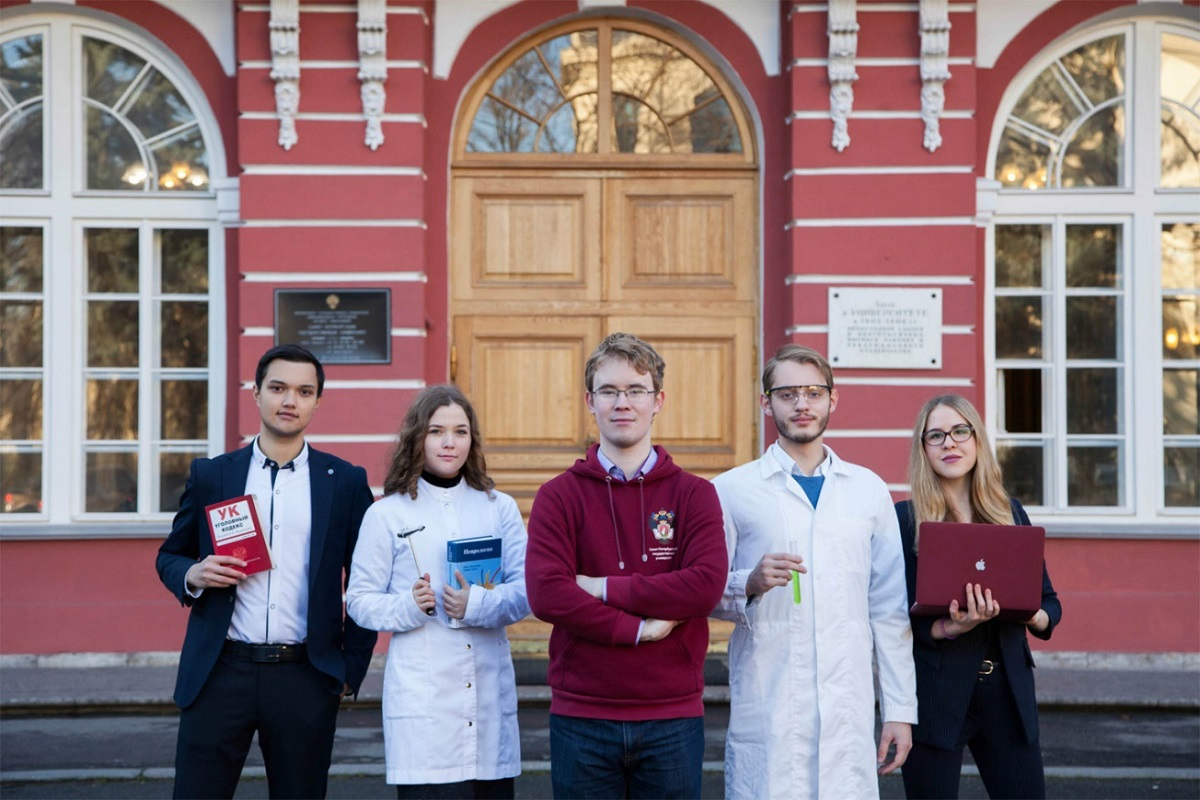St Petersburg University students develop a rapid tear test for Parkinson's disease

A group of students from St Petersburg University has developed a project to create a rapid test that can help detect Parkinson's disease in the early stages, even before the first visible symptoms appear. It is proposed to use a tear as a material for analysis.
Parkinson's disease is a neurodegenerative disease that is manifested in motor impairments, as well as emotional and cognitive disorders. There are about seven million people with this disease in the world, and their number is growing. The fact is that in the early stages it is almost impossible to identify the disease. Among the first symptoms are: fatigue, depression, sleep disorders, decreased sense of smell, erectile dysfunction, instability of blood pressure, constipation, and overeating. However, these manifestations are typical for other diseases. At the same time, when the signs of Parkinson's disease become apparent, it is already at a stage in which the quality of human life is significantly reduced.
There is no effective treatment for the disease, and the available drugs can only affect symptoms and slow down degenerative processes in the brain. Nevertheless, there is an opportunity to stop the progression of the disease – studies are already underway on drugs that have the properties of protecting brain cells from pathological processes. The sooner the disease is detected, the more likely it is to have a favourable outcome.
The disease is considered more typical for the elderly: a significant proportion of patients with this diagnosis are over 50 years old. However, the disease only becomes noticeable at this age, although it can begin to develop at a younger age. A year ago, a group of American scientists from the University of Southern California presented a study according to which it is possible to diagnose Parkinson's disease in the early stages by using tears as biomarkers. People affected by Parkinson's disease showed a different protein composition of tears compared to healthy trial subjects.
The report of our American colleagues on the study of the content of various proteins in tears, including α-synuclein, led us to the idea of developing a rapid test. We conducted preliminary studies following the same model as the American scientists. We compared the levels of α-synuclein in the tears of healthy people and those affected by Parkinson's disease. The aim was to test the hypothesis that it is the increase in the level of this protein that will be a diagnostic indicator for this disease. The outcomes of our tests have been quite encouraging.
Viacheslav Vetoshkin, the Captain of the Team, a ‘General Medicine’ student
The test, developed by students, will make it possible to diagnose the disease even at home. The analyser works in a similar way to a pregnancy test. It is based on immunochromatography which registers the antibody reaction to a particular type of protein with the help of coloured stripes. In order to collect lachrymal fluid, the test patch with an indicator should be placed under the lower eyelid for a few seconds. The result will be displayed within ten minutes.
The students’ design is unique not only for Russia, but also for the world.
There are currently no widely known tests for Parkinson's disease that work in the same way. Someone might be conducting such developments, but we have not found such data in open sources.
Viacheslav Vetoshkin, the Captain of the Team, a ‘General Medicine’ student
The students plan to come up with a prototype of the test strip and start trials on a wider sample of people shortly. In the future, they want to develop production and organise the distribution of the test through pharmacies, hospitals and medical centres. The business plan and the market name of the product ‘α-Tear-Test’ are already in place.
The project has been shortlisted for the final of the ‘SPbU Start-up – 2019’ contest. Its results will be announced on 25 April. In addition to captain Viacheslav Vetoshkin, the team also includes: Ekaterina Spiricheva and Aleksandr Khomenko, students of General Medicine; Mariia Pechnikova, student of Public Administration; and Danis Akhunzianov, student of Law.

